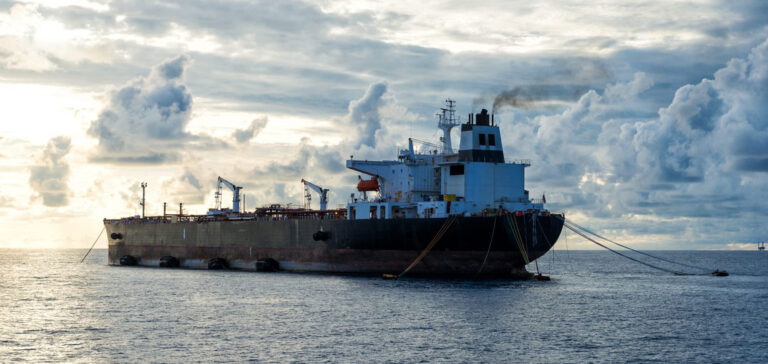The escalation of hostilities in the Red Sea by Houthi militants has caused major disruption to maritime trade. These attacks forced many companies to divert their ships, directly impacting oil prices. Brent crude futures rose 21 cents to $78.16 a barrel, while U.S. West Texas Intermediate futures were up 3 cents.
Market Reactions and Analyst Perspectives
Markets reacted swiftly to these tensions, with oil benchmarks up over 1% on Monday. Tina Teng, analyst at CMC Markets, highlights the significant risks associated with supply disruptions and instability in the Middle East. These factors could lead to increased volatility on oil markets, with upward pressure should geopolitical tensions escalate.
Impact on oil giants and maritime safety
BP and the Frontline tanker group have suspended all transits via the Red Sea, a decision that underlines the magnitude of the crisis. Around 15% of the world’s maritime traffic passes through the Suez Canal, linking the Red Sea to the Mediterranean and offering the shortest route between Europe and Asia.
International Responses and Cyberattacks
The attacks prompted the United States and its allies to consider setting up a task force to protect the Red Sea routes. Meanwhile, Iran’s Oil Minister confirmed a nationwide disruption of service stations due to a cyber attack, intensifying security concerns in the region.
The current situation, marked by the attacks in the Red Sea and their repercussions on oil markets, reveals the fragility and interconnectedness of the world’s energy systems. While nations react to secure sea lanes and infrastructure, the energy sector remains on alert to the potential implications of these geopolitical tensions.





















